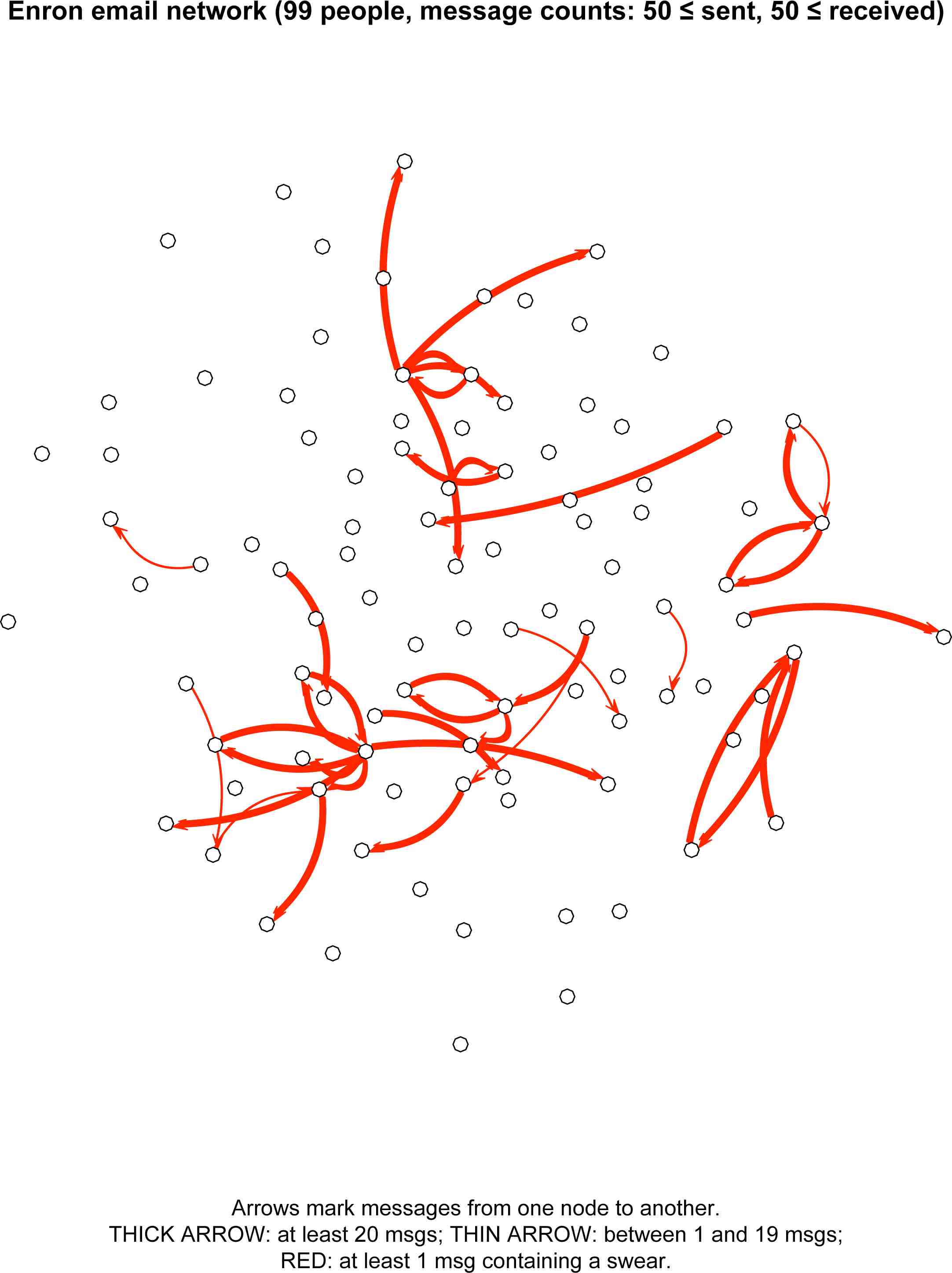The "million word" hoax rolls along
Gullible reporters keep falling for a self-aggrandizing scam perpetrated by Paul J.J. Payack, who runs an outfit called Global Language Monitor. As regular Language Log readers know, Mr. Payack has been trumpeting the arrival of "the millionth word" in English for some time now. In fact, he's predicted that the English language would pass the million-word mark in 2006… and 2007… and 2008… and now 2009. As reported in the Christian Science Monitor and The Economist, the date that Payack has now set for the million-word milestone is April 29, 2009.
In a previous installment of the Payack saga, I wrote that the Million Word March was "a progression that he turns on and off based on his publicity needs." So I can't say I was terribly surprised to learn that April 29, 2009 just happens to be the publication date of the paperback edition of Payack's book, A Million Words and Counting: How Global English Is Rewriting The World. What a stupendous coincidence that Global Language Monitor's word-counting algorithm has timed itself to accord with Payack's publishing schedule!
Read the rest of this entry »

